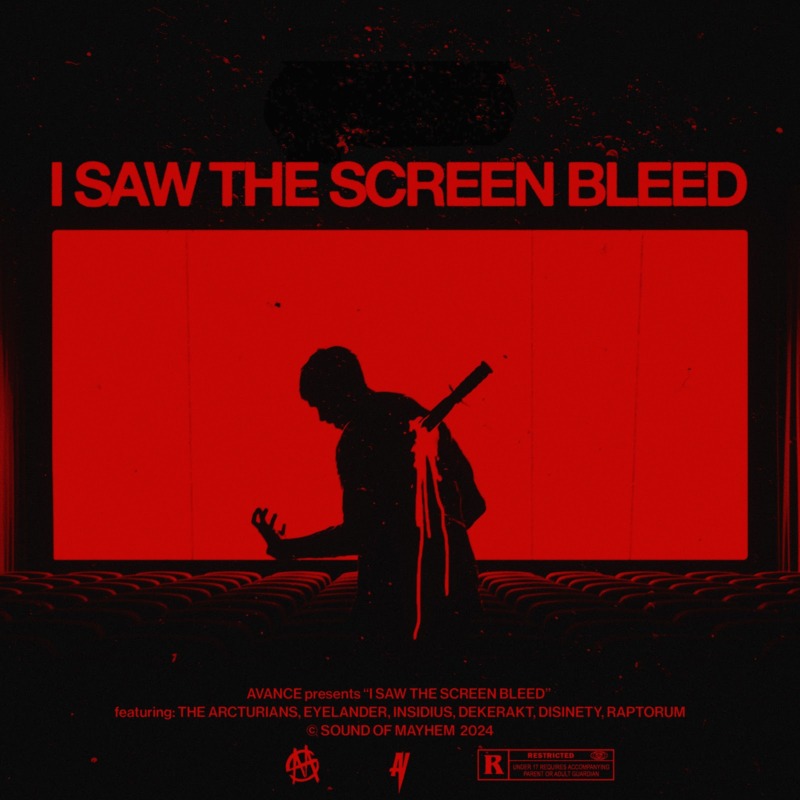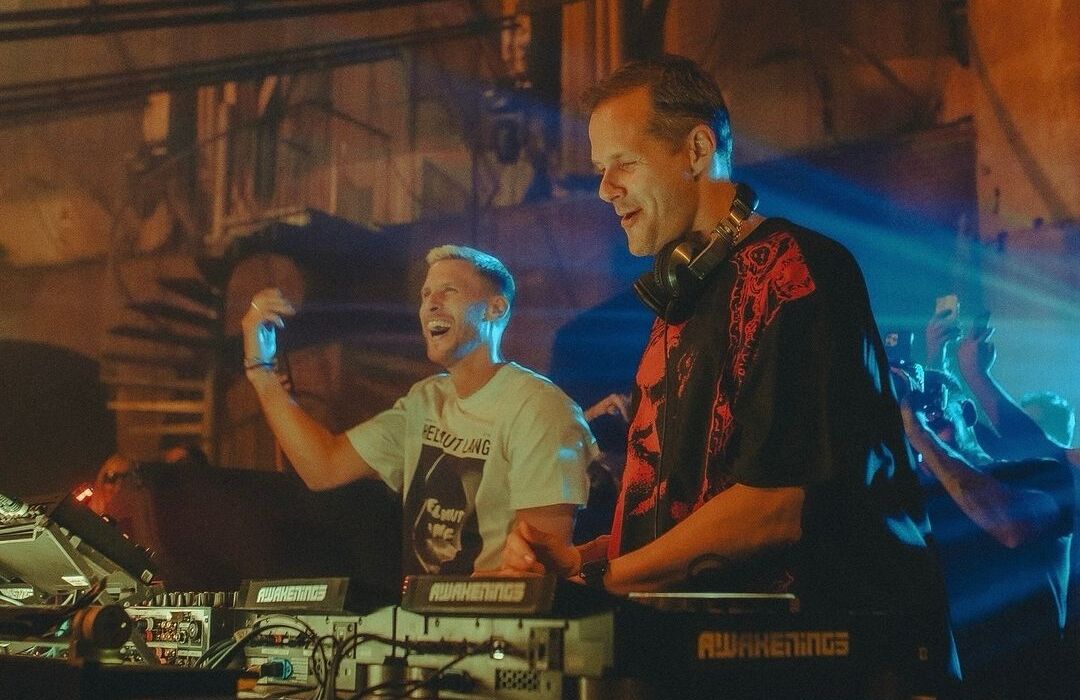Samurai titles are plentiful when it comes to anime – although the genre sees rises and falls in popularity, fans can usually count on at least one new film or series every season or so. From oldies but goodies like Ninja Scroll to mainstream crowd-pleasers such as Gintama, there’s no shortage of compelling chanbara action out there.
Unquestionably, two of the most well-known and beloved samurai anime of all time are Rurouni Kenshin (1996-98) and Samurai Champloo (2004-05). Thanks to their well-crafted action scenes, unique casts and excellent soundtracks, both made a huge impact on the industry and are still very fondly thought of today despite their age. However, an argument might be made that neither of these is truly the best samurai anime series – instead, that honor could well go to 2009’s Sengoku Basara: Samurai Kings.
A game-based title, the 12-episode Sengoku Basara follows many of the major real-world players of Japan’s Warring States Period -- the likes of Date Masamune, Sanada Yukimura, Takeda Shingen and Uesugi Kenshin -- as they put aside their largely petty squabbles to team up against the “demon king” Oda Nobunaga. In this portrayal of the Sengoku period, Nobunaga is depicted as a ruthless tyrant who seeks to crush anyone and everyone to reach his goal of conquering the land, while Masamune and Yukimura emerge as the two main hot-blooded yet honorable heroes.
The true genius of Sengoku Basara is that despite all its intense action and loose basis in history, the show never takes itself too seriously. The majority of its comedy is played completely straight rather than going in a slapstick direction, yet the series makes it clear from the get-go that it’s parodying many of the conventions and tropes of typical martial arts action and samurai titles. It’s very much the Dragon Ball Z of its genre, with plenty of intentionally over-the-top yelling and hilariously overpowered protagonists with special moves and attacks.
While Sengoku Basara is never one for subtlety, that doesn’t mean its cast lacks charm. Far from featuring a cookie-cutter cast that simply replicates the character archetypes of past samurai titles, the series is particularly clever in how it offers some contemporary flair to historical proceedings. For instance, Masamune is reimagined as an insanely cocky warlord with a penchant for sprinkling random English phrases into his everyday speech (“Let’s party!”), and who uses up to six swords at any given time -- three ‘claws’ for each hand. Better yet, his army resembles a fiercely loyal yakuza biker gang – Masamune’s horse is quite literally part-motorcycle, complete with handlebars and an exhaust pipe.
Masamune’s characterization may be one of the biggest highlights of the anime, but the other cast members certainly make their mark. Yukimura is a battle-hungry yet humorously naïve warrior who idolizes his master Shingen so much that the pair get into respectful manly brawls every time they meet, passionately screaming each other’s names while exchanging no-holds-barred punches. Kenshin is an androgynous bishonen who sends his subordinate ninja Kasuga into suggestive throes of ecstasy every time he so much as looks at her. Nobunaga is essentially a demon with no regard for even his own family, and who regularly drinks wine from human skulls.
Meanwhile, the voice actors do an amazing job at bringing these delightfully absurd characters to life. ‘Energetic’ would be too mild a word to describe their work; it would not be too surprising if any number of them had severely damaged their windpipes in delivering some of their lines. Their spiritedness is matched only by Sengoku Basara’s killer soundtrack, although the opening credits sequence deserves a special mention -- not least thanks to its dance choreography, which might be viewed as the rock-heavy answer to The Melancholy of Haruhi Suzumiya’s famed “Hare Hare Yukai.”
In the context of game-based anime works specifically, Sengoku Basara likewise deserves acclaim. The number of titles based on video games that can be said to be genuinely good are very few and far between; most either need to go heavy on the exposition, making the series a chore to watch because of its “tell, don’t show” approach, or else simply assume that viewers already know all the lore and backstory, meaning the series is a confusing mess for anyone not familiar with the source material.
Thankfully, Sengoku Basara has no such issues. The characters and plot are simple enough to be fully understood and enjoyed even for viewers who know absolutely nothing of the video game series or, for that matter, Japanese history. This negates the need for any bloated exposition, keeping the pacing tight enough for the show to remain both cohesive and entertaining even in its (occasionally) quieter moments.
For anime fans looking to fill in the gaps in a relatively quiet season, or for those who just prefer to dive into the backlog once in a while, Sengoku Basara is one samurai series that shouldn’t be missed, even over a decade later. It might not have the same popularity as more serious or dramatic productions like Kenshin or Champloo, but that doesn’t make it less worthwhile. If anything, its comedic chops and unique take on Japan’s Warring States era make it even more of a standout title.
About The Author

